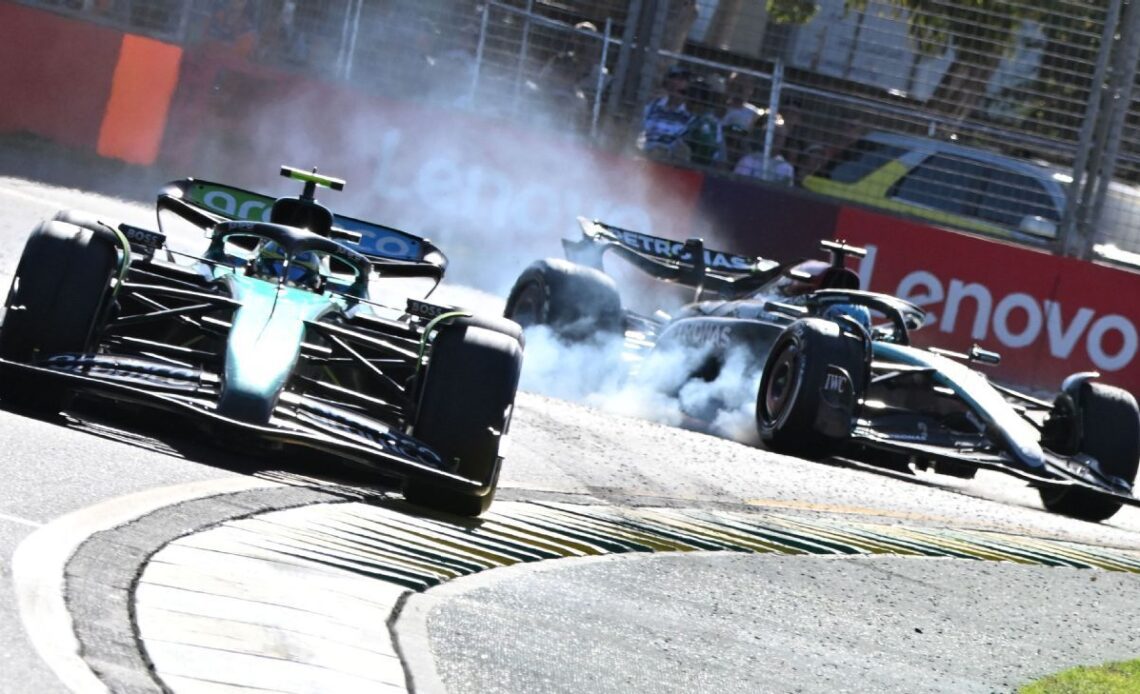MELBOURNE, Australia — Fernando Alonso‘s controversial penalty at the Australian Grand Prix, a result of the piece of driving that riled the Mercedes team he is a strong candidate to join in 2025, seemed like a classically bad bit of timing from the two-time world champion.
Alonso was being chased by potential future teammate George Russell on the penultimate lap when the Mercedes driver lost control of his car and crashed at Turn 6. Although there was no contact between the two, the stewards immediately opted to look at how Alonso had applied the brakes on the approach to that corner.
The penalty he eventually received, for “potentially dangerous driving,” dropped Alonso from sixth to eighth and has split opinion across Formula One. To some, it was akin to a professional foul in a football match, to others an unfairly penalised piece of defensive driving aimed at keeping a faster car behind.
Making the discourse more irresistible is Alonso’s standing as one of the favourites to replace Ferrari-bound Lewis Hamilton in 2025 and finally get the Mercedes seat he has long coveted. As such, the incident has all the hallmarks of a legitimate controversy.
Why was Alonso penalised?
The charge levelled at Alonso was simple in terms of wording: He had slowed dangerously and uncharacteristically at that part of the track, which had triggered Russell’s accident behind.
– Watch Formula One on ESPN networks all season long
The initial concern was for Russell’s safety. His W15 had come to rest askew, beached atop its own wheels and broken suspension, stranded in the middle of the track with its underside exposed to oncoming traffic.
Once he was out of the car, attention turned to the stewards’ decision to look into the incident more closely. Russell spoke to the media before he went to that hearing, meaning his quotes do not reflect the final verdict.
“My take is I’ve gone off and that’s on me, but I was half a second behind Fernando 100 metres before the corner, and suddenly he came towards me extremely quick and I was right in his gearbox,” Russell said.
When asked whether it had been a “brake test,” the term used for a driver deliberately and aggressively hitting the brakes to affect the driver behind, Russell stopped short of agreeing directly with that phrasing.
“Well it’s clear that he braked 100 metres before the corner and then … back on the throttle again and took the corner normally,” he said. “We’ve already seen the data of that, so I’m not going to accuse him of…
Click Here to Read the Full Original Article at www.espn.com – RPM…

